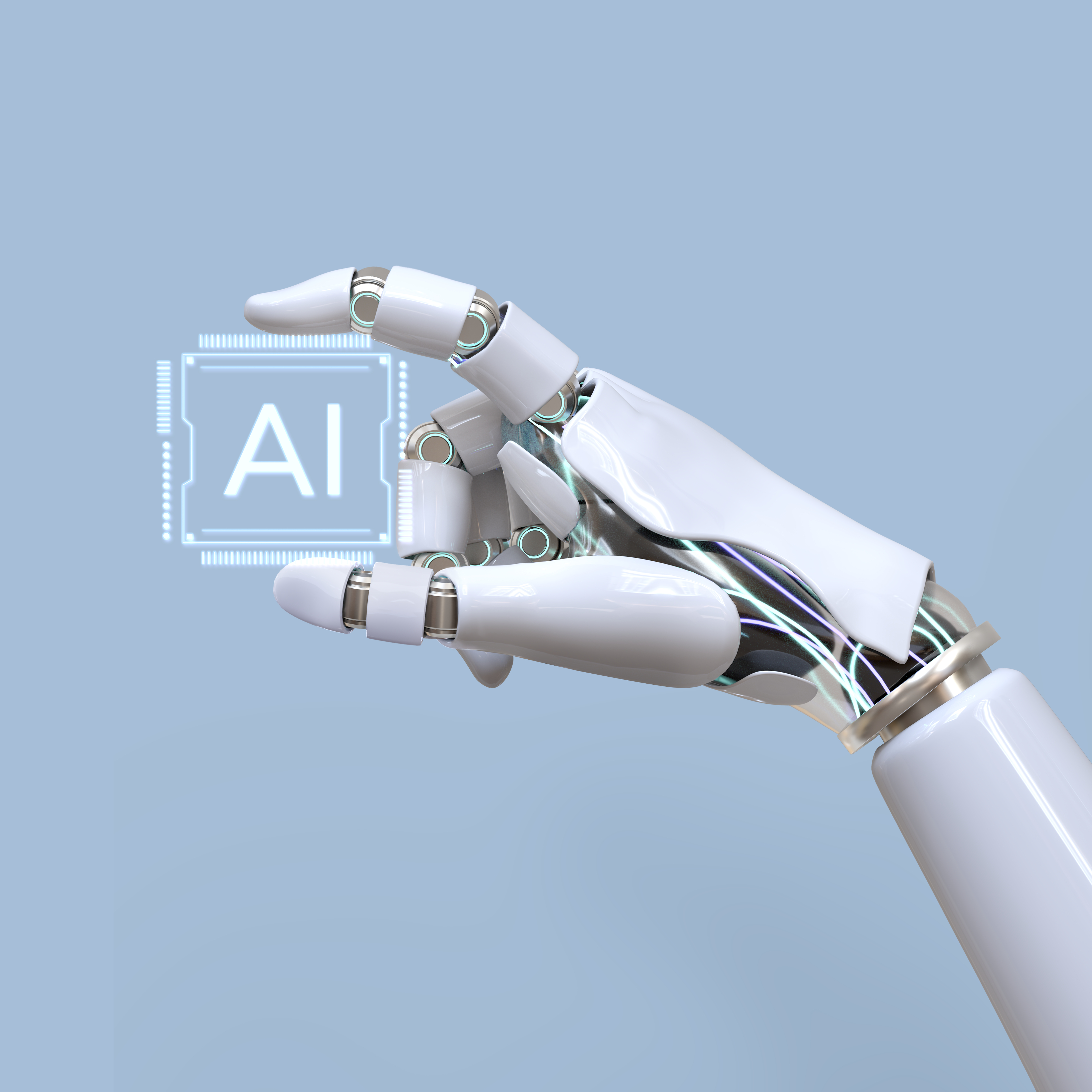In 2025, the IT managed services landscape is undergoing a seismic shift. Artificial intelligence (AI) and automation are no longer futuristic concepts-they’re essential tools reshaping how businesses manage technology, secure data, and deliver value. For managed service providers (MSPs), this evolution isn’t just about staying competitive-it’s about redefining what’s possible. Let’s explore how AI and automation are transforming IT managed services, the challenges they address, and what this means for businesses worldwide.

AI-Driven Cybersecurity: Proactive Threat Prevention
Cybersecurity remains a top priority for businesses, and AI is revolutionizing how MSPs combat threats. Traditional methods, which relied on manual monitoring and static rules, are being replaced by AI-powered systems that analyze behavior, predict risks, and respond autonomously.
For example, platforms like Palo Alto Networks’ WildFire use machine learning to detect unknown malware in real time. By analyzing file behavior across millions of global endpoints, these systems identify threats before they breach networks. Similarly, Fortinet’s Security Fabric integrates AI to automate threat detection, isolate compromised devices, and apply patches without human intervention.
The result? Businesses benefit from 24/7 threat prevention, reduced downtime, and compliance with evolving regulations like the EU’s NIS2 directive.
Revolutionizing Help Desk Support with Virtual Assistants
Gone are the days of waiting hours for IT support tickets to resolve. In 2025, AI-powered virtual assistants handle routine inquiries, troubleshoot issues, and even predict problems before users notice them.
Take NexusTek’s AI Help Desk, which uses natural language processing (NLP) to understand user requests. If an employee reports slow network speeds, the system cross-references real-time data-like bandwidth usage or device health-to diagnose the issue. For complex cases, it escalates tickets to human technicians with detailed context, slashing resolution times by up to 70%.
This shift doesn’t eliminate human roles-it empowers teams to focus on strategic initiatives rather than repetitive tasks.
Predictive Maintenance: Avoiding Disasters Before They Strike
Unplanned downtime costs businesses millions annually. AI solves this by turning historical data into actionable insights. Predictive maintenance tools, like those offered by ServiceNow, analyze patterns in server performance, application logs, and network traffic to forecast potential failures.
Imagine a retail company whose e-commerce platform crashes during peak sales. AI tools flag anomalies in server load weeks in advance, prompting automatic scaling of cloud resources. This proactive approach minimizes disruptions and ensures seamless customer experiences.
Automating Compliance and Resource Management
Regulatory compliance is a growing burden for businesses, especially in sectors like healthcare and finance. AI simplifies this by automating audits, monitoring data access, and generating compliance reports. Tools like KnowBe4 train employees on phishing risks, while AI audits ensure adherence to standards like GDPR or HIPAA.
Resource optimization is another key area. AI analyzes usage trends to allocate cloud storage, update software, and manage licenses efficiently. For instance, Microsoft Azure’s Autoscale adjusts server capacity dynamically, reducing costs by up to 40% compared to static setups.
Challenges and Ethical Considerations
While AI offers immense benefits, its adoption isn’t without hurdles. Integrating AI into legacy systems requires significant investment, and businesses must navigate ethical concerns like data privacy and algorithmic bias.
A 2025 Canalys report highlights that 30% of MSPs struggle with AI implementation costs. Others face resistance from teams wary of job displacement. Successful MSPs address these issues through transparent communication, upskilling programs, and hybrid models that blend AI efficiency with human expertise.
The Future of MSPs: From Support to Strategic Partners
By 2025, leading MSPs are transitioning from break-fix providers to strategic advisors. The “MSP 3.0” model, as termed by industry experts, focuses on:
- AI-driven innovation: Delivering proactive solutions like zero-trust security and autonomous systems.
- Customized consulting: Helping businesses align IT strategies with growth goals.
- Sustainability: Using AI to reduce energy consumption in data centers and cloud networks.
Companies like ABANCA exemplify this shift. By deploying AI for customer service and fraud detection, they’ve reduced operational costs by 25% while improving client satisfaction.
The integration of AI and automation into IT managed services isn’t a trend-it’s a necessity. Businesses that adopt these technologies gain faster response times, stronger security, and the agility to thrive in a digital-first world.
For MSPs, the message is clear: evolve or risk obsolescence. By leveraging AI tools, investing in employee training, and prioritizing ethical practices, providers can position themselves as indispensable partners in the AI era.
Ready to future-proof your IT strategy? Explore how AI-driven managed services can transform your business-contact us today for a personalized consultation.
